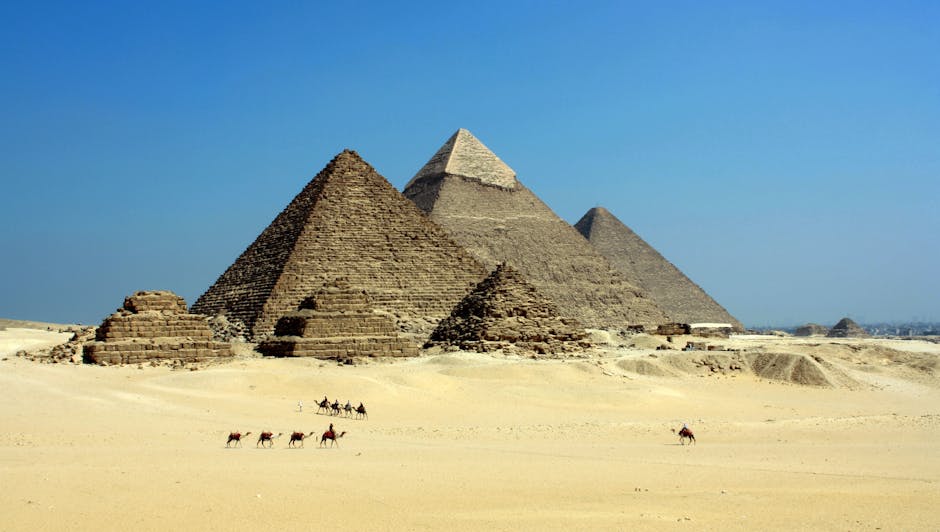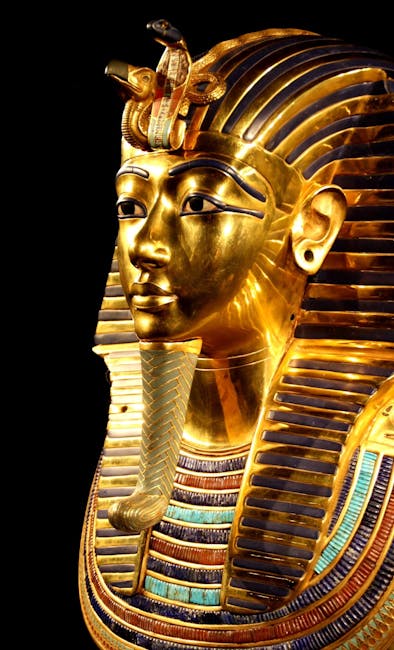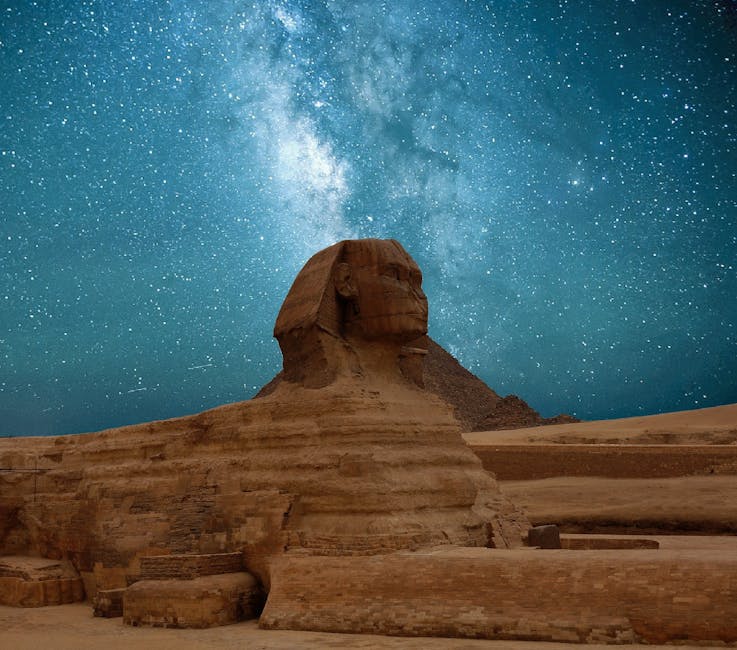


 Egypt
Egypt
Egypt is an incredible travel destination, offering a unique blend of ancient history and modern culture. From the iconic pyramids of Giza to the bustling streets of Cairo, Egypt has something for everyone. Visitors can explore the ancient ruins of Luxor, take a cruise down the Nile River, or relax on the beaches of the Red Sea. With its vibrant culture, delicious cuisine, and friendly people, Egypt is sure to be an unforgettable experience.
Activities: Surfing, Stand-up paddle boarding, Canoeing, Rafting, Snorkeling, Hiking, Camping, Rock climbing, Safari
Landscapes: Beaches, Deserts, Rivers, Lakes
Topics: Cities, History, Festivals, Adventure
Is Egypt expensive?
Egypt currency
£Egyptian pound (EGP)
Weather in Egypt
Egypt has a hot desert climate with very little rainfall. Summers are extremely hot and dry, with temperatures reaching up to 40°C (104°F). Winters are mild and pleasant, with temperatures ranging from 10-20°C (50-68°F). The best time to visit Egypt is during the winter months from November to March when temperatures are more comfortable. Rainfall is rare, but it does occur in some parts of the country during the winter months.
- Yearly temperature range: 10°C - 36°C
- Monthly rainfall range: 0mm - 19mm
- Daily sunshine range: 9h - 13h
Traveling Egypt
Air
Egypt has several domestic airlines that offer flights between major cities, including Cairo, Alexandria, Luxor, and Hurghada.
FlightsTrain
The Egyptian National Railways operates a network of trains throughout the country, connecting major cities such as Cairo, Alexandria, Luxor, and Aswan.
Bus
There are several bus companies that offer services between major cities in Egypt. These buses are usually comfortable and affordable.
Car Rental
Car rental is available in most major cities in Egypt. It is recommended to book in advance to ensure availability.
Car rentalTaxi
Taxis are widely available in Egypt and can be hailed from the street or booked in advance.
Is Egypt safe?
Crime
The most common crimes in Egypt are pickpocketing, purse snatching, and theft from vehicles. Tourists should be aware of their surroundings and keep their valuables secure at all times. Other crimes such as assault, rape, and robbery do occur but are less common. It is important to be aware of your surroundings and take precautions when traveling in Egypt.
Travel advisory
3.4/5Egypt has a current risk level of 3.4 (out of 5). We advise: Use some caution when travelling Egypt.Last updated: Thu Mar 23 2023
Health
Health Considerations
Travelers to Egypt should take precautions to protect themselves from infectious diseases, including hepatitis A and B, typhoid, rabies, and meningococcal meningitis. Vaccinations may be recommended depending on the traveler’s itinerary and medical history. Mosquito-borne illnesses such as malaria and dengue fever are also present in some areas of Egypt. Travelers should take steps to prevent mosquito bites, such as using insect repellent and wearing long-sleeved shirts and pants. Additionally, travelers should be aware of the risk of water-borne illnesses such as cholera and schistosomiasis, which can be contracted through contact with contaminated water. Food safety is also important; travelers should only eat food that has been cooked thoroughly or peeled.
Insect repellentTravel Insurance
Travelers to Egypt should consider purchasing travel insurance prior to their trip. This will provide coverage for medical expenses, lost luggage, trip cancellation, and other unexpected costs that may arise during the trip.
Egypt customs and etiquette
Be Respectful of Local Customs
Egypt is a predominantly Muslim country, so it is important to be respectful of local customs and traditions. This includes dressing modestly, avoiding public displays of affection, and refraining from taking photos of people without their permission.
Be Aware of Your Surroundings
Egypt is a large and diverse country, and it is important to be aware of your surroundings at all times. Be mindful of pickpockets in crowded areas, and avoid traveling alone at night.
Be Respectful of Religious Sites
When visiting religious sites in Egypt, it is important to dress appropriately and behave respectfully. This includes removing shoes when entering mosques, covering your head when entering churches, and avoiding loud conversations or disruptive behavior.
TP
Copyright 2023